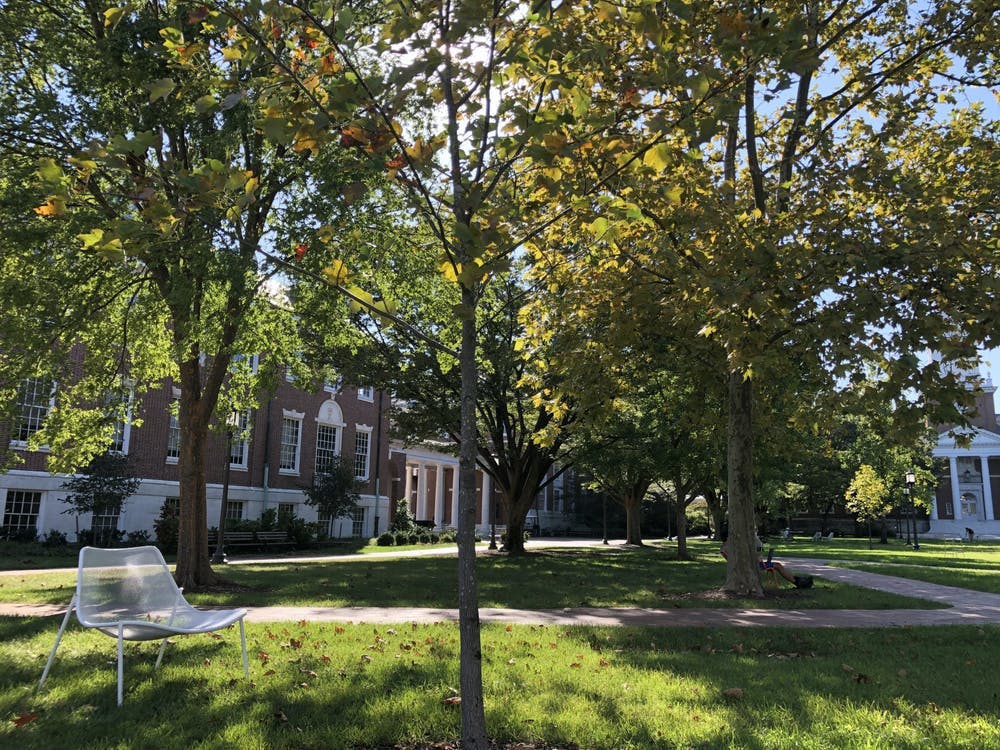The Student Government Association (SGA) discussed a website proposal from the Sexual Assault Resource Unit (SARU) at its weekly meeting on Tuesday, April 13.
Michael Vidal, co-director of SARU, explained that the website’s objective is to educate students about sexual health and provide a platform for survivors of sexual assault to connect.
“The blog component is there so that survivors can share any information, their stories and experiences here on campus,” he said.
To address security concerns, he noted that blog posts will remain anonymous. Any identifying information, including the author’s name, perpetrator’s name and any organization they are affiliated with will not be posted.
According to Vidal, if authors want their posts taken down, they can contact the site managers afterward.
He explained that the site will ask for an email address, which reviewers will only use to communicate with post authors to remove any personal details. He pointed out that not collecting data will empower survivors and give them control.
“Unique to healing from trauma, particularly sexual trauma, is the lack of autonomy and control,” he said. “The hope for this website was to give survivors of sexual violence, of having their power and control taken, the power to express their stories, so we’re not planning on using this website for any form of data collection.”
To make sure that these guidelines are followed, Vidal reported that SARU-trained reviewers will look over each blog post to ensure that there are no identifiers.
Freshman Class President Kobi Khong asked if submission reviewers are mandated reporters.
Vidal stressed that none of the information published on the blog will trigger an investigation from the Office of Institutional Equity.
“The whole purpose of the reviewers is to ensure that there’s no trigger for an investigation. We’re using reviewers from the SARU hotline. Part of being an active member on the hotlines means that you can’t be a mandated reporter,” he said.
Concerned about privacy, Junior Class Senator Talal Widatalla expressed apprehension about the reviewers being fellow students.
“If I was a survivor and was to share my personal experience, I would want to make sure that it just wouldn’t go to a student who would turn around and tell their friend,” he said.
Vidal assured that reviewers are rigorously trained and vetted.
“Hotline members for SARU go through a semester-long training session that was created by RAINN operators and their hotline,” he said. “It’s a very intensive and very careful vetting process to make sure that the hotline operators are up to date and skillful in handling these conversations. After that, they go through an interview as their final exam.”
In addition to the blog, the website will contain information about healthy relationships and reproductive health. To make sure that the education is inclusive of all genders and sexual orientations, SARU is collaborating with LGBTQ Life.
Executive President Sam Mollin asked about the sustainability of the website.
“What plans are in place to make sure that this doesn’t just get created, have a bunch of resources and then sort of atrophy over the years as the people who originally worked on it graduate?” he said.
Vidal emphasized that the parties involved have made the website a top priority for future years, noting that having a leadership position in the participating organizations carries the responsibility of website maintenance.
SGA will vote on the involvement of the Women and Gender Minorities’ Caucus with the site next week.





